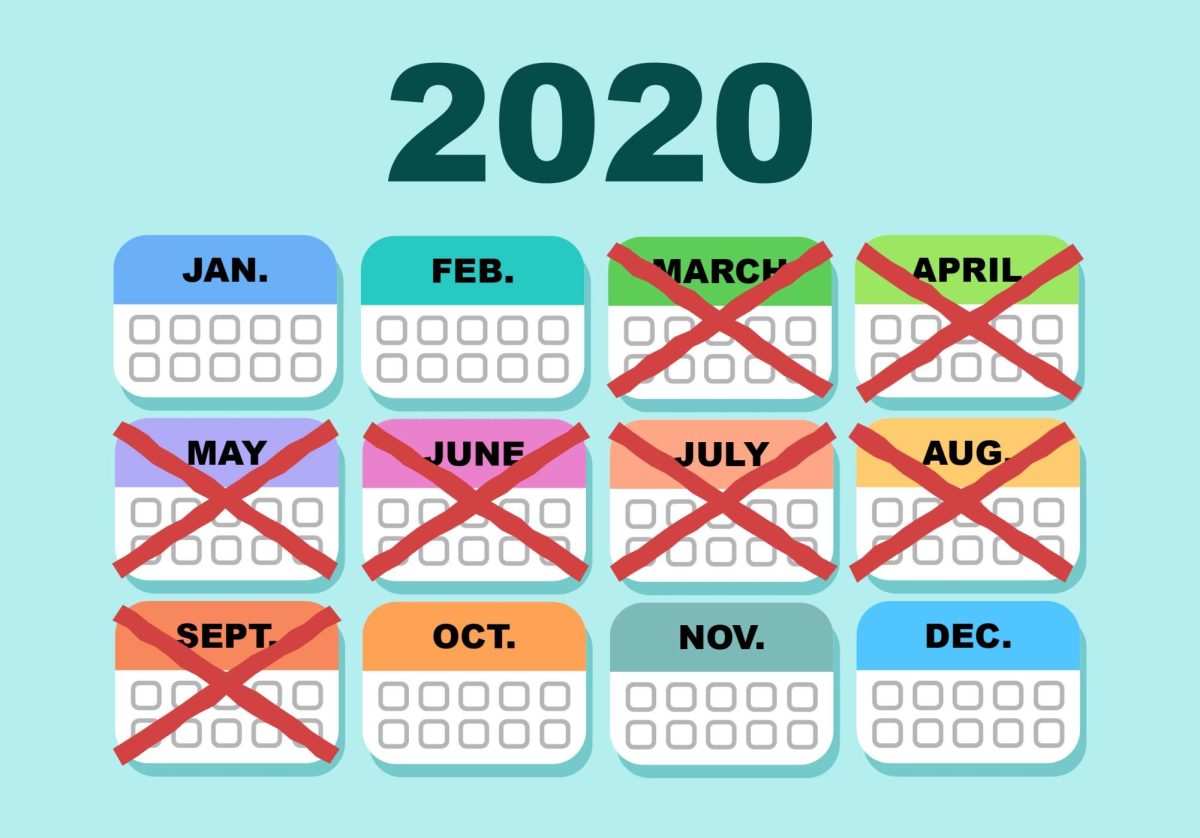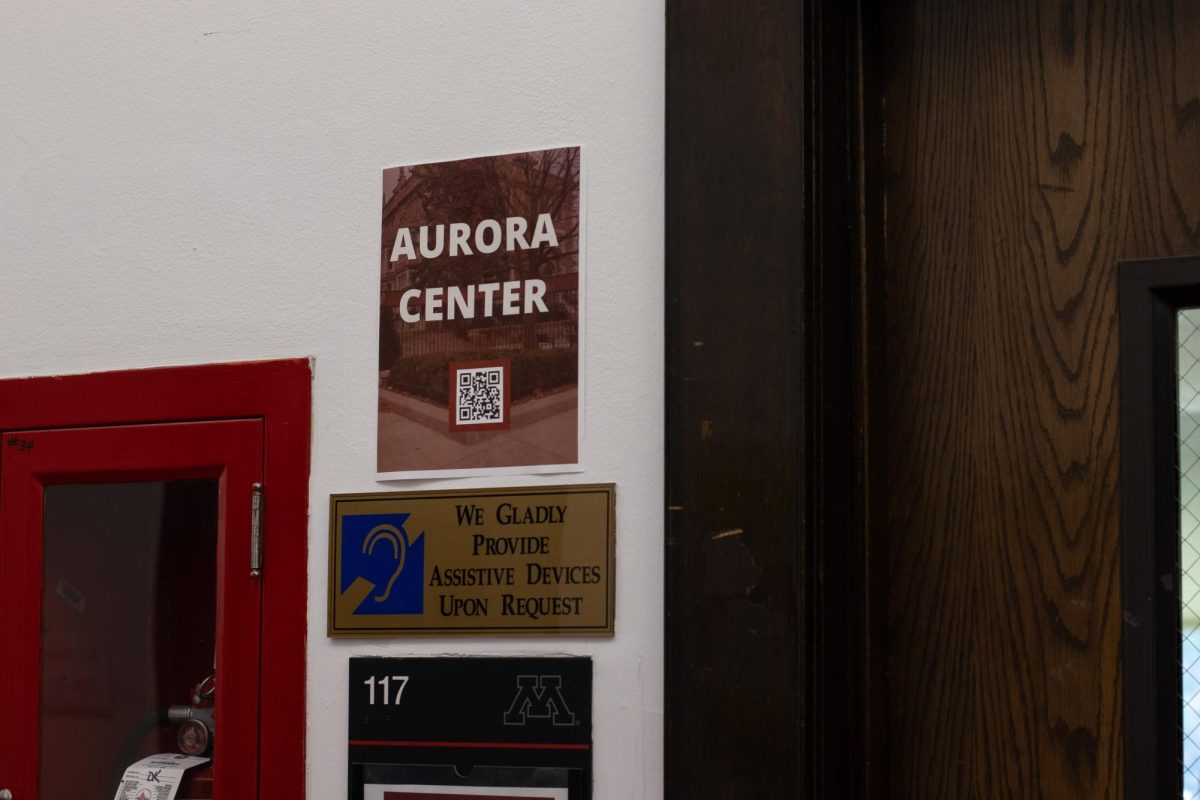Last week, the Minnesota Daily published a profile on low-income students who make ends meet while footing everything, including UMN tuition. Their fortitude is, to say the least, impressive. One day I’ll get my act together and be a fraction as resilient as them — but with that kind of standard, don’t hold your breath.
It goes without saying college should be the time to focus on studies, prepare for long, rewarding careers and develop our personalities and minds, free from excessive stressors — like truly not knowing whether we can afford to finish school. But, seemingly now more than ever, it’s no safe bet.
One evening when I was very young, I was watching a “Cheers” rerun with my parents, during which Diane Chambers described herself as a perpetual student. It took until I attended college for this to finally click with why my parents laughed it off as an utter relic of the past. Chambers was a grad student — but the price of education is skyrocketing everywhere, including for us lowly undergraduates. College tuition is and has been rising faster than both inflation and general financial aid are. And while this increasing cost is quite a publicly acknowledged phenomenon, there is another fact that only exacerbates it: college has become, more or less, compulsory.
College used to be just one option in a variety of next-steps after high school, but now it usually looks like the only option. It seems to me that trade school has all but disappeared from the collective awareness. Honestly speaking, that’s a loss for students. Apprentices and students of the trades and vocations pursue career paths that will never be lacking in job openings. A good auto mechanic will always have a well-paying job. And the better at his or her job that he or she is, the better he or she will be paid. The same goes for plumbers, electricians, welders, boilermakers and aircraft mechanics, for example. And an added perk of a physically active and job-secure career is a high chance of union representation or government benefits.
We need to start making our way back to striking the sweet spot between education and its cost, whether this is the cost in money or time. Our grandparents’ generation produced nurses with two-year degrees who were just as proficient as our nursing-program graduates today. Furthermore, on-the-job training is valuable not only because it often guarantees permanent employment, but because it lets candidates dive into the market headfirst and without debt. Debt, especially for undergraduates, needs to be more transparently addressed — it’s tough. Far into the future, it dominates your conscience, dictates your spending and diminishes your relationship prospects. Sadly, I’m not the only one who shies away from a disappointing truth of debt: If I were madly in love with someone, even engaged to him, and I suddenly found out he was deep into undergraduate debt — I’d call it off in a moment. You marry someone, you marry the debt.
The dream for everyone is, ultimately, financial security through work that feels like play. We all want to love what we do. And what I think needs to be better represented is that there are more ways to get there than with an overpriced Bachelor’s degree.













